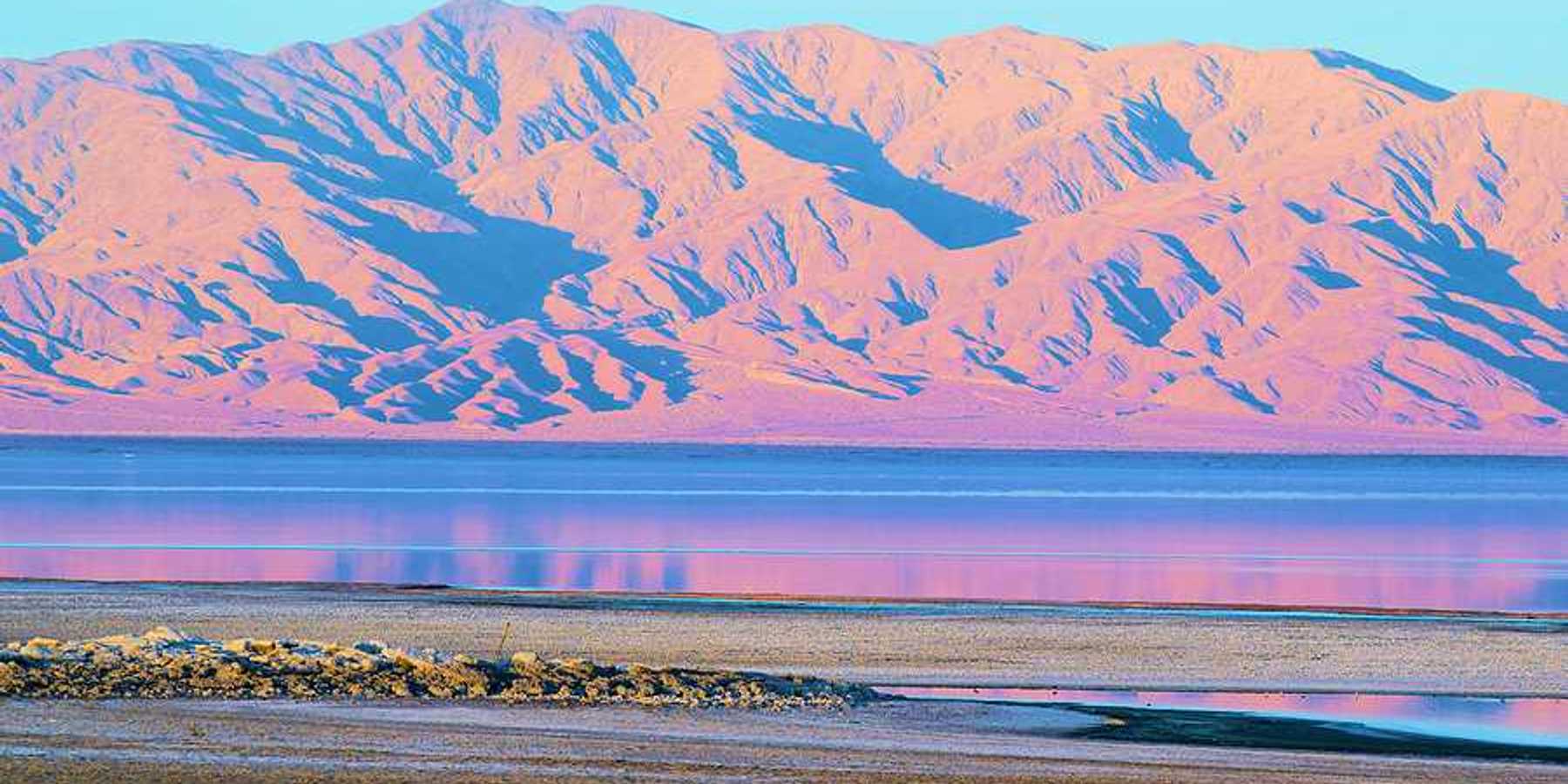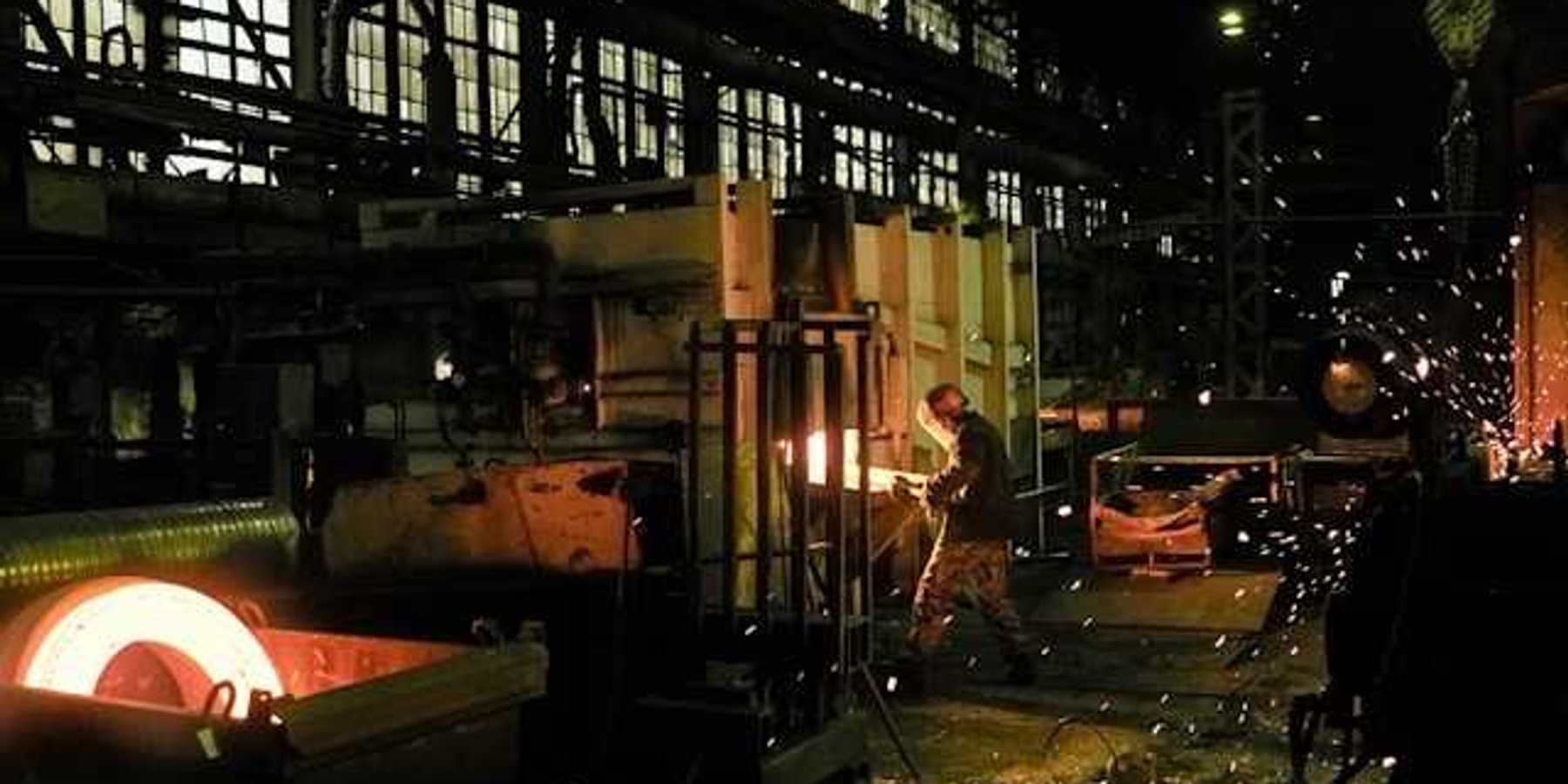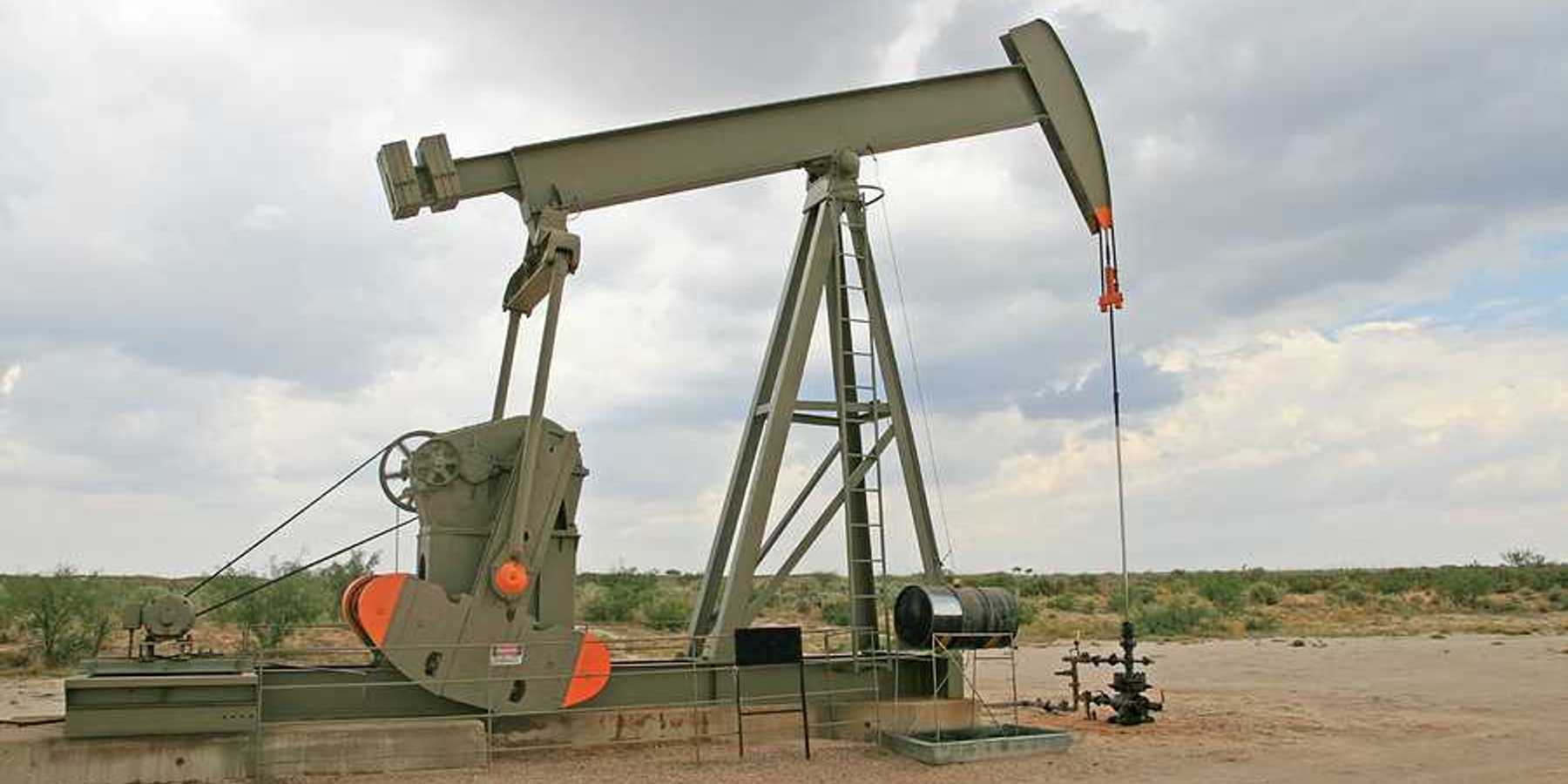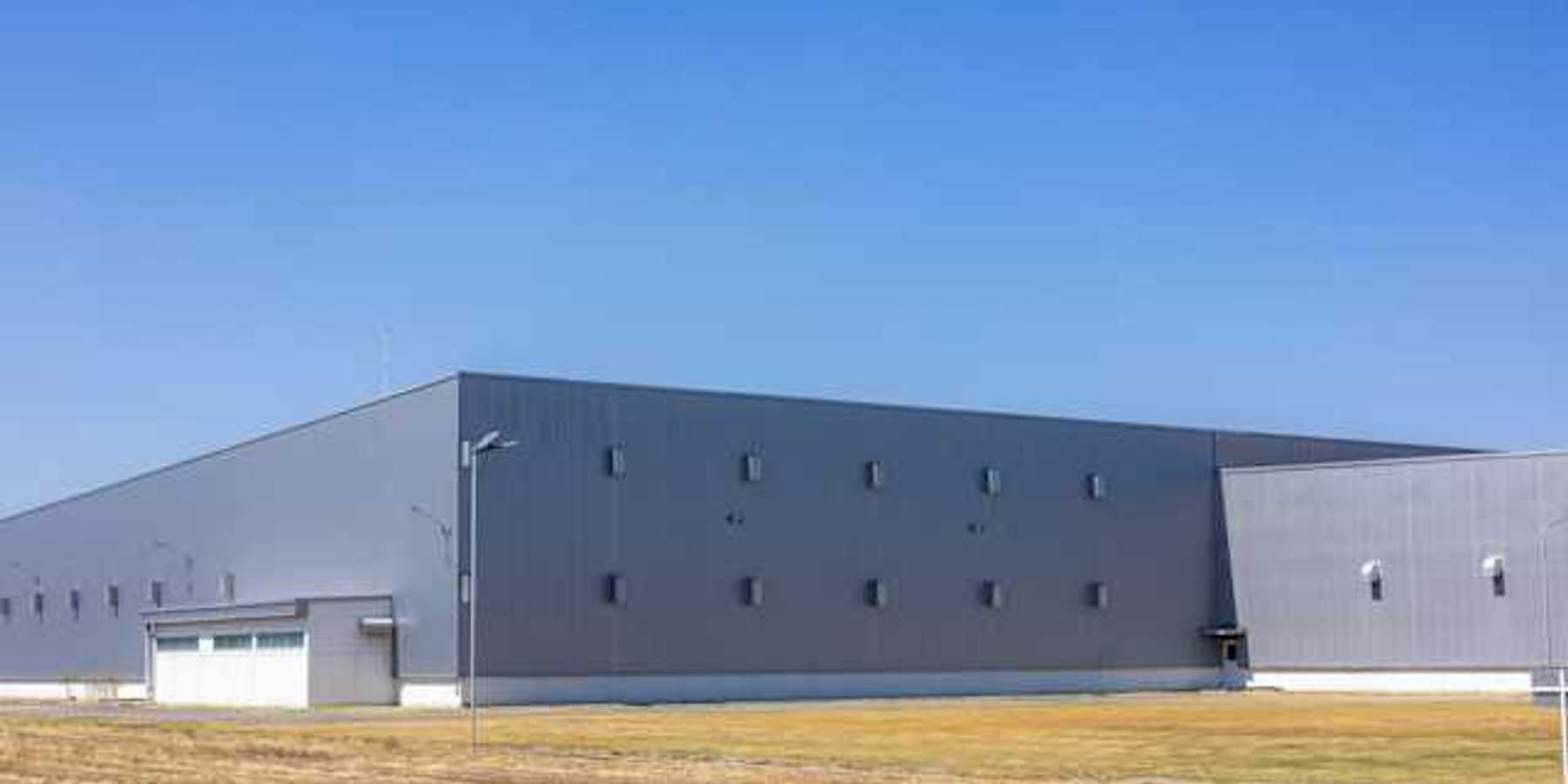Georgia's nuclear power saga unfolds with Vogtle plant
In a test of nuclear energy's future in the U.S., Georgia's Vogtle plant's final stages hint at both progress and setbacks.
Gautama Mehta reports for Grist.
In short:
- Georgia's Plant Vogtle has become a pivotal figure in the debate over nuclear power, facing massive costs and delays.
- The Biden administration views the plant as a key step towards achieving net-zero emissions, highlighting the project's eventual success and lessons learned.
- Despite the optimism, no new nuclear reactors are currently being planned in the U.S., reflecting broader uncertainties about the future of nuclear energy.
Key quote:
“Facing both the need to decrease carbon emissions while having to increase the amount of power that we need, nuclear is a natural technology for that challenge.”
— James Krellenstein, co-founder of the nuclear energy consultancy Alva Energy
Why this matters:
Nuclear power is championed for its ability to produce large amounts of electricity without emitting greenhouse gases during operation, making it a potentially crucial player in efforts to combat climate change. However, the path to expanding nuclear energy in the U.S. is fraught with challenges, including the high costs and long timelines associated with building new plants, concerns over radioactive waste management, and the need for stringent safety measures to prevent accidents.













